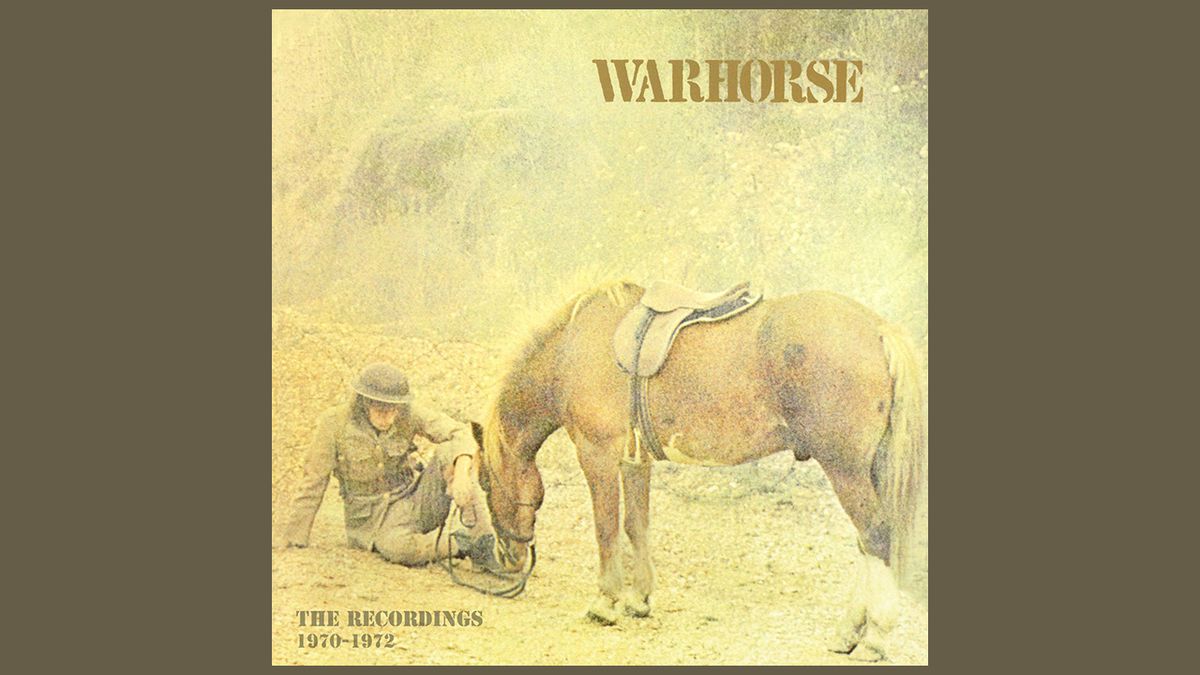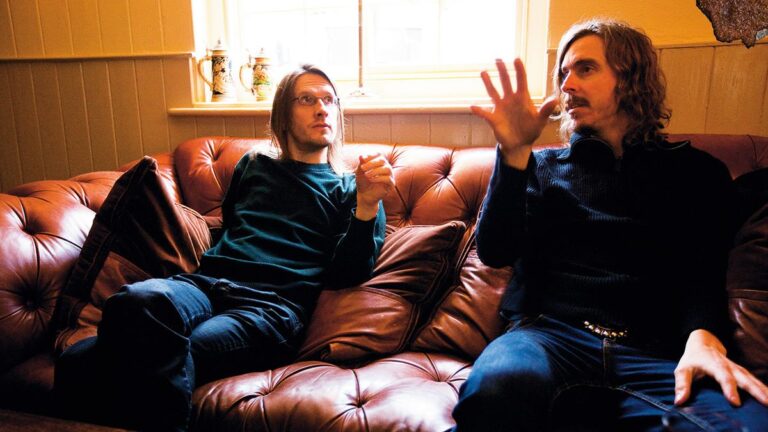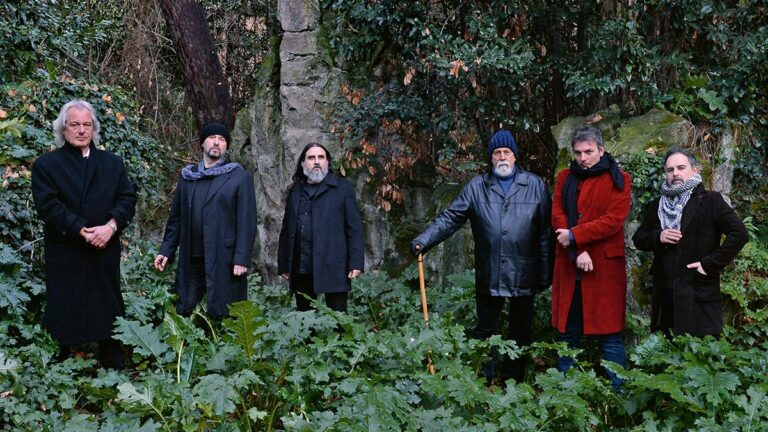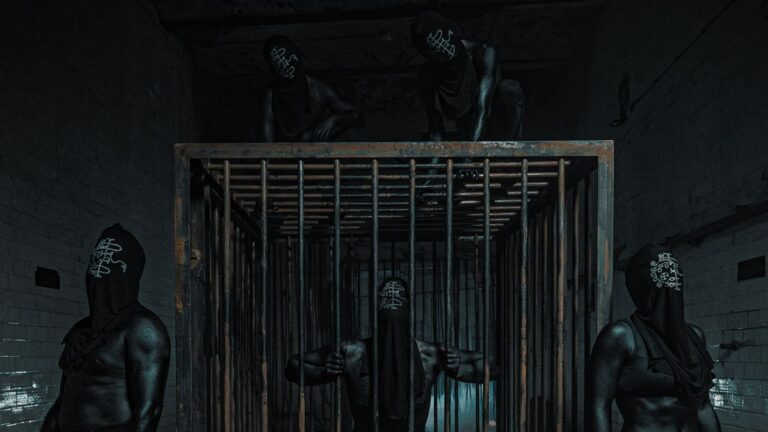Unleash the Moody Soundscapes and Drama of Warhorse’s Legendary Recordings 1970-72, Featuring Terrific Playing and Regrettable Lyrical Defaults
Warhorse, a band from the early 1970s, was one of many bands trying to blend their psychedelic rock roots with the emerging progressive sound of the time. Similar to The Nice, their original role was as the backing group for American soul singer Marsha Hunt. The driving force behind the group was Nick Simper, the bass player from Deep Purple’s first three albums.
When Hunt took a break from the music scene, Simper regrouped with former Johnny Kidd & The Pirates guitarist Ged Peck and the talented keyboard-player Rick Wakeman. However, Wakeman soon departed, and Frank Wilson took his place. The band then signed with the new prog label, Vertigo.
Warhorse established a distinct sound on their self-titled debut album in 1970, which they maintained throughout their career: solid hard rock grooves with progressive elements, combined with the powerful vocals of Ashley Holt.
The opening track, Vulture Blood, is considered one of their best songs, blending a church organ introduction with a funky, head-nodding riff reminiscent of Atomic Rooster. Tracks like No Chance and Woman Of The Devil showcase moody soundscapes and strong performances, particularly from guitarist Peck.
In their 1972 follow-up album, Red Sea, highlights include Back In Time, which features a dynamic guitar solo section from Peck’s replacement, Pete Parks, and a notable cover of the hit song I (Who Have Nothing) by Shirley Bassey and Tom Jones. However, overall, the album suffers from underdeveloped songs and dated production.
The bonus demo tracks hint at untapped potential for Warhorse, but Simper decided to disband when Holt and drummer Barney James left to join Wakeman’s English Rock Ensemble.
Warhorse: The Recordings 1970-1972 is now available for purchase through Esoteric. Fans of classic rock and progressive music can explore the early works of this influential band and experience the evolution of their sound during a transformative era in music history.







